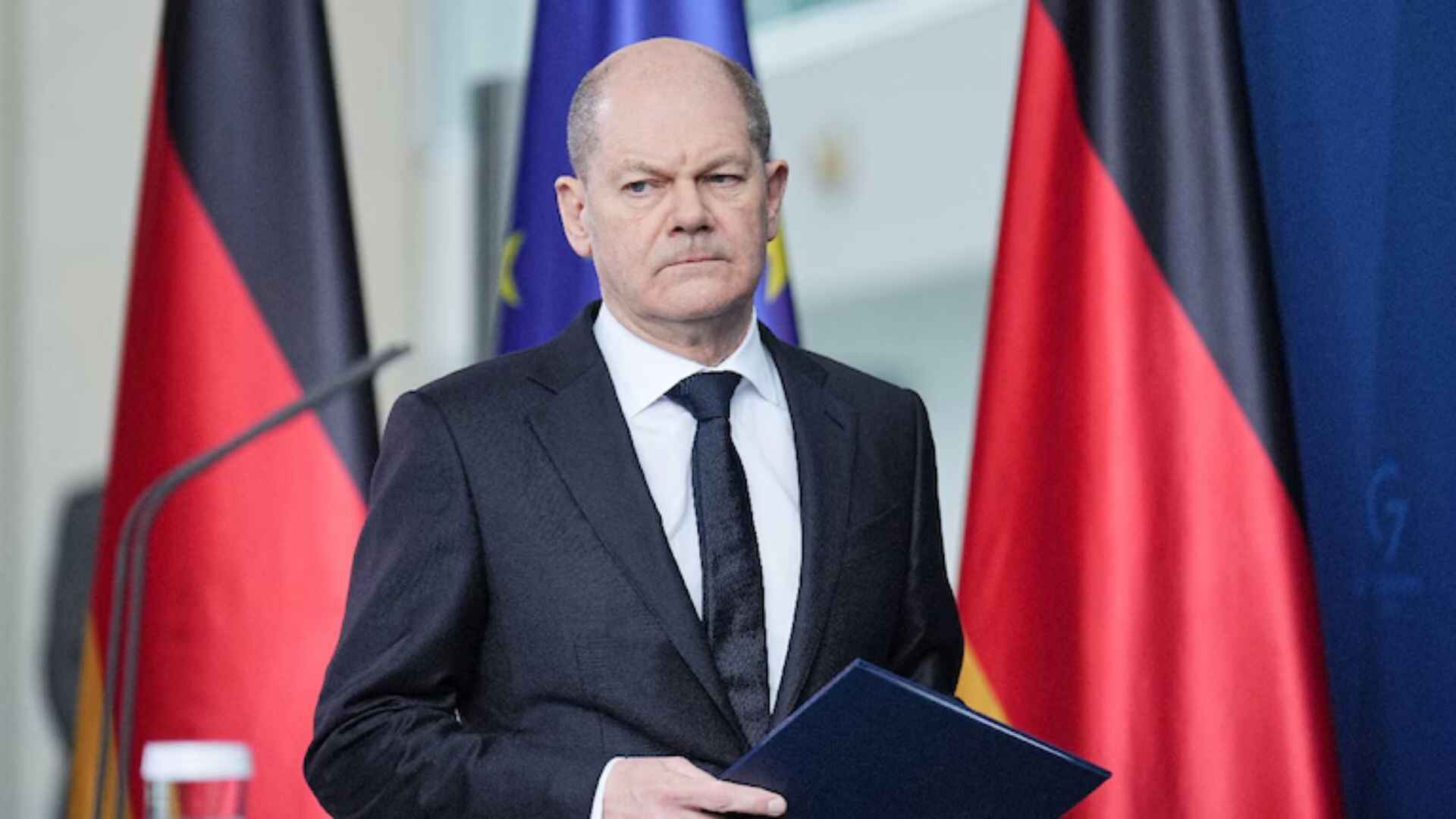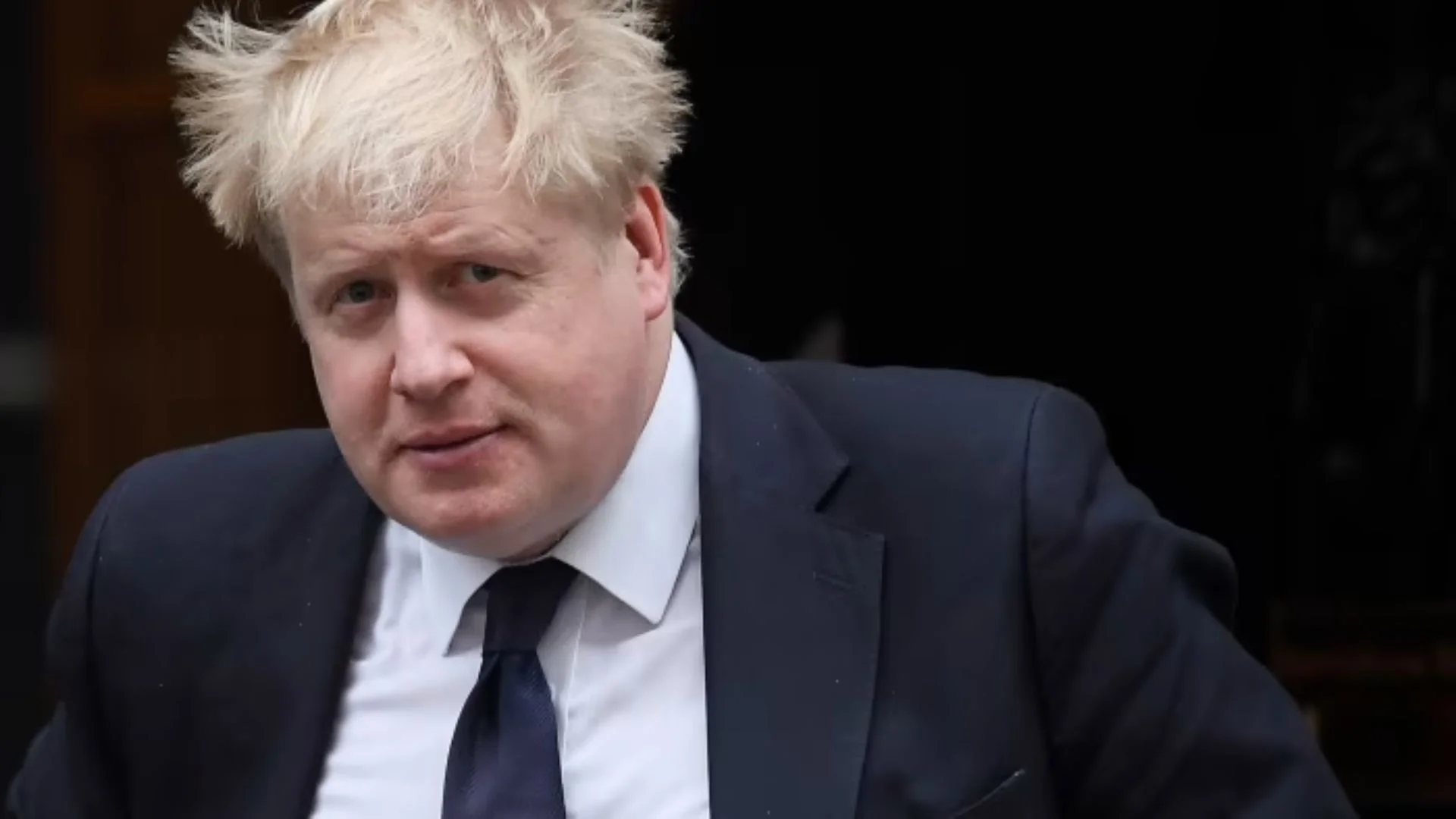The German parliament voted on Monday to withdraw confidence in Chancellor Olaf Scholz and his government, paving the way for an early election on February 23. The move follows the collapse of Scholz’s administration after the pro-market Free Democrats (FDP) exited the three-party coalition last month due to disagreements over debt. Their departure left Scholz’s Social Democrats (SPD) and the Greens without a parliamentary majority amid a worsening economic crisis.
Under Germany’s rules aimed at avoiding the political instability that contributed to the rise of fascism in the 1930s, President Frank-Walter Steinmeier can dissolve parliament and call for new elections only if the chancellor initiates and loses a confidence vote. Scholz’s decision to do so clears the path for the election.
The parliamentary debate ahead of the vote effectively launched the election campaign, with party leaders exchanging sharp criticisms. Scholz and his likely conservative challenger, Friedrich Merz, traded accusations of incompetence and lack of vision. Scholz, who will lead a caretaker government until a new administration is formed, defended his record, highlighting his leadership during the economic and security crisis caused by Russia’s full-scale invasion of Ukraine in 2022.
Must Read: Canada’s Finance Minister Chrystia Freeland Resigns After Policy Clash with PM Trudeau
If re-elected, Scholz vowed to prioritize investment in Germany’s aging infrastructure over the spending cuts he attributed to the conservatives. “Shortsightedness might save money in the short term, but the mortgage on our future is unaffordable,” Scholz stated. He pointed to his previous tenure as finance minister in a coalition with the conservatives, emphasizing his experience.
Merz, however, criticized Scholz’s financial strategies, arguing they would impose a heavy burden on future generations and accusing him of failing to deliver on promised rearmament efforts following the Ukraine war. “Taking on debt at the cost of the young generation, spending money – and you didn’t say the word ‘competitiveness’ once,” Merz said.
Notably absent from the debate was any mention of Germany’s constitutional spending cap, a fiscal responsibility measure that many economists argue has contributed to the deterioration of the country’s infrastructure.
Conservatives in Lead
The conservatives maintain a comfortable lead of more than 10 points over the SPD in most polls, though the gap has been narrowing. Meanwhile, the far-right Alternative for Germany (AfD) has edged slightly ahead of Scholz’s party, with the Greens trailing in fourth place.
Although the mainstream parties have consistently refused to form a government with the AfD, the party’s growing presence complicates coalition-building, increasing the likelihood of unwieldy alliances.
Ahead of the election, Scholz has proposed a series of measures that could gain opposition support, including 11 billion euros ($11 billion) in tax cuts and an increase in child benefits already agreed upon by his former coalition partners.
The conservatives have signaled potential support for certain initiatives, such as measures to better protect the Constitutional Court from the influence of a future populist or anti-democratic government, as well as extending a popular subsidized transport ticket. However, regional governments would need to agree on proposals to reduce unintended tax burdens on citizens.
Friedrich Merz rejected a Green Party proposal to cut energy prices, arguing for an entirely new energy policy instead. Robert Habeck, the Greens’ chancellor candidate, criticized this stance, describing it as a troubling development for Germany’s democracy. He warned that the fractured political landscape likely means another coalition of ideologically diverse parties. “It’s very unlikely the next government will have it easier,” Habeck said.
Meanwhile, AfD leader Alice Weidel stirred controversy by calling for the deportation of all Syrian refugees in Germany, following what she described as the collapse of Bashar al-Assad’s regime.























